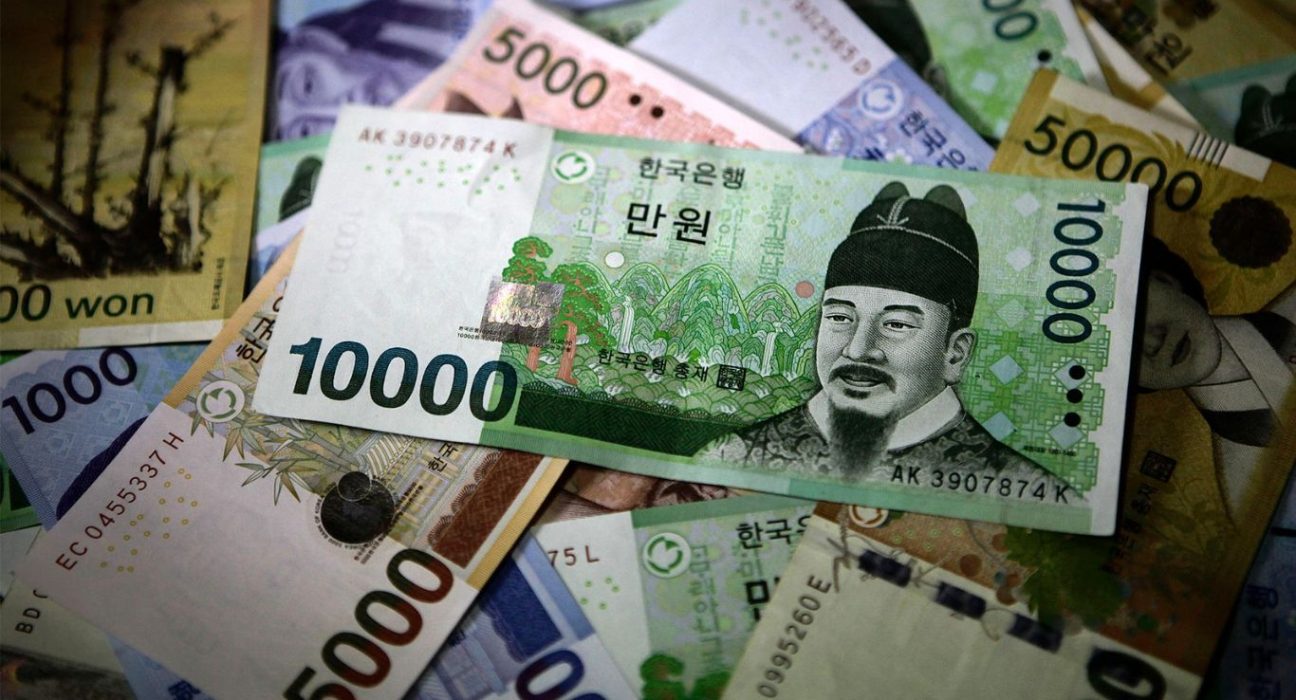Introduction
In a subtle but noticeable move, the South Korean won has experienced a slight 0.1% decline in its value against major currencies. This development comes amidst an atmosphere of growing market uncertainty, raising questions about the factors influencing the currency’s movement and the potential consequences for the nation’s economy.
Market Dynamics and Currency Shifts
The foreign exchange market is a dynamic environment influenced by a multitude of factors, ranging from economic indicators to geopolitical events. Currency values are prone to fluctuate frequently, and even a marginal shift can carry implications for a nation’s trade, investment, and overall economic stability.
Economic Indicators and Sentiment
Economic indicators play a pivotal role in shaping market sentiment. Factors such as interest rates, GDP growth, employment figures, and inflation rates can greatly influence investors’ perceptions of a country’s economic health. Even a marginal change in these indicators can lead to traders adjusting their positions, consequently affecting the exchange rate of a currency.
Global Trade and Geopolitics
The South Korean economy, known for its robust export sector, is highly sensitive to shifts in global trade dynamics. Trade tensions between major economies, policy changes, and geopolitical events can create ripples in international markets, subsequently impacting the value of the South Korean won. As uncertainties arise, investors may adopt a cautious stance, leading to adjustments in their currency portfolios.
Monetary Policy and Central Bank Actions
Central banks wield significant influence over their respective currencies through monetary policy decisions. Interest rate changes, quantitative easing, and other measures can impact currency supply and demand. In the face of market instability, central banks might intervene to stabilize their currencies, but such actions can vary in effectiveness depending on the broader economic context.
South Korea’s Economic Landscape
South Korea boasts an export-oriented economy with key industries like technology, automotive, and manufacturing driving its growth. While this economic model has contributed to the country’s success, it also renders it susceptible to global market fluctuations. Currency movements, even minor ones, can impact the competitiveness of South Korean exports in international markets.
COVID-19 Pandemic Aftermath
The ongoing recovery from the COVID-19 pandemic adds another layer of complexity to South Korea’s economic outlook. While the nation has shown resilience in navigating the pandemic’s impact, uncertainties related to new variants, vaccination rates, and global economic recovery efforts can influence market sentiment and currency movements.
Government Response and Economic Resilience
The South Korean government has a history of implementing measures to enhance economic resilience in the face of challenges. From targeted stimulus packages to initiatives promoting innovation and diversification, these strategies can mitigate the potential negative effects of currency fluctuations and market uncertainties.
Investor Confidence and Risk Perception
Investor sentiment often plays a significant role in currency movements. As risk aversion heightens due to global uncertainties, investors may shift towards safer assets, impacting currencies perceived as riskier. South Korea’s economic dependency on exports and its sensitivity to global market dynamics can contribute to a higher risk perception.
Foreign Investment and Capital Flows
Foreign direct investment (FDI) and portfolio investment are essential sources of capital for South Korea’s economy. Currency fluctuations can influence the attractiveness of these investments, potentially impacting capital inflows. FDI, vital for technology transfers and infrastructure development, can be particularly influenced by currency stability.
Conclusion
The recent 0.1% decline in the South Korean won reflects the intricate interplay of various economic, geopolitical, and market-specific factors. In an increasingly interconnected global economy, no currency operates in isolation. The South Korean government’s proactive measures, coupled with the nation’s economic resilience, will likely play a significant role in mitigating the potential consequences of this marginal currency movement.










